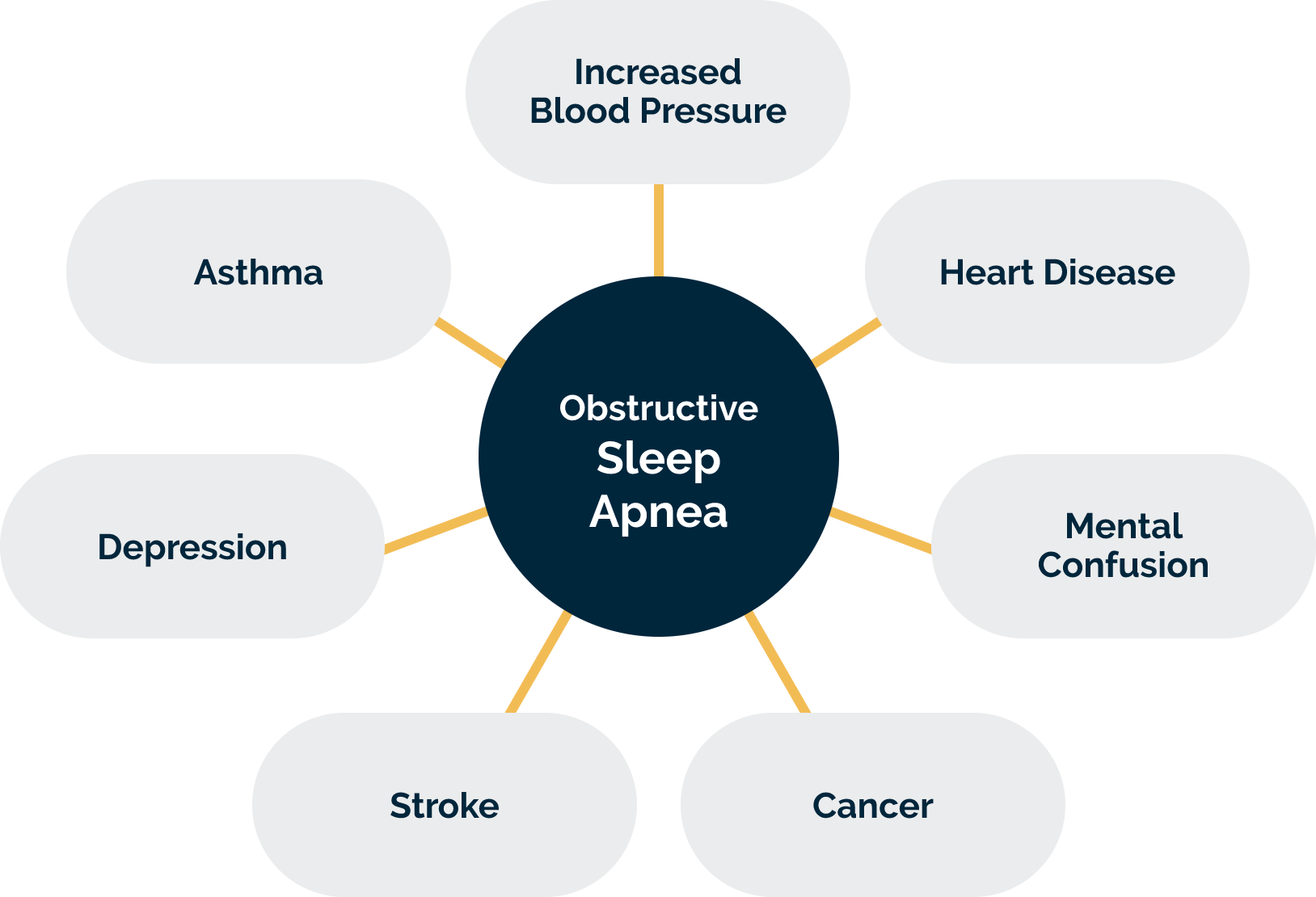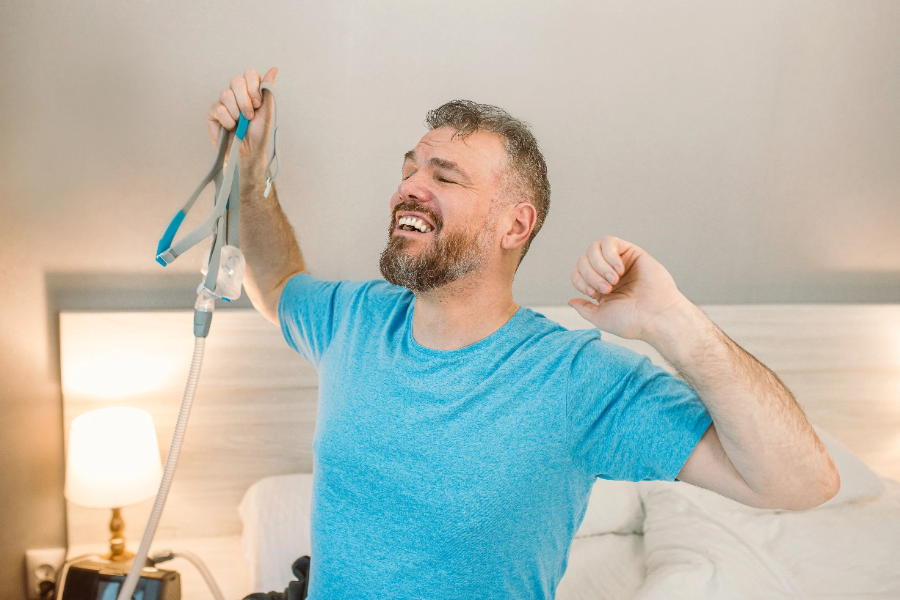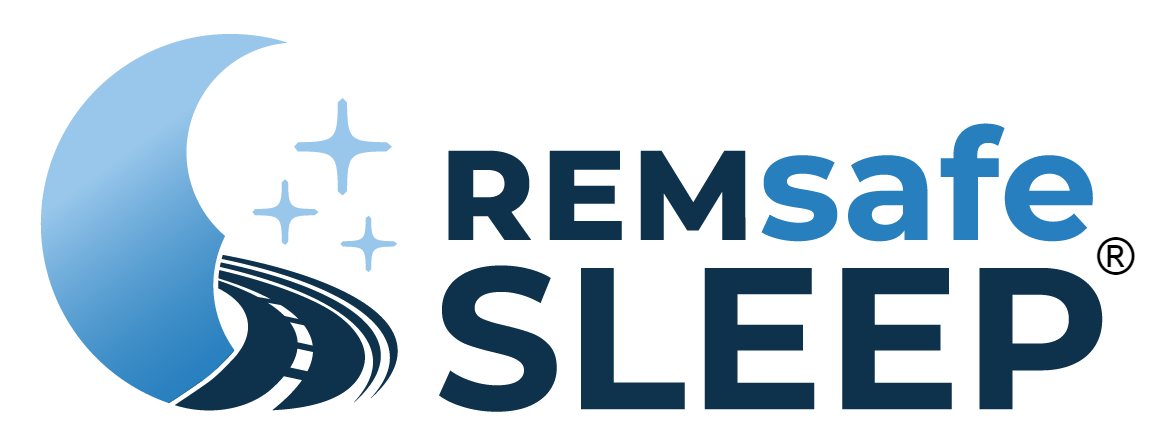We use cookies to make your experience better. To comply with the new e-Privacy directive, we need to ask for your consent to set the cookies. Learn more.


Sleep Apnea Health Risks
Sleep apnea can affect all aspects of a person’s health, increasing risk for other serious medical conditions like stroke and heart disease.
Screening for Sleep Apnea
Screening for sleep apnea no longer requires an overnight visit to a sleep lab, hooked up to wires and sensors. Now, screening can be done from the convenience of home.


Getting Diagnosed
Drivers at-risk for OSA can take an overnight self-administered home test. Results may be used by a board-certified sleep doctor to diagnose OSA.


Starting Treatment
Prescribed industry-leading equipment is sent directly to the driver and all necessary telehealth appointments are scheduled with a licensed provider.


Receive Support
Drivers receive continual equipment support, resupply, and daily monitoring, managing, and coaching for their obstructive sleep apnea.



